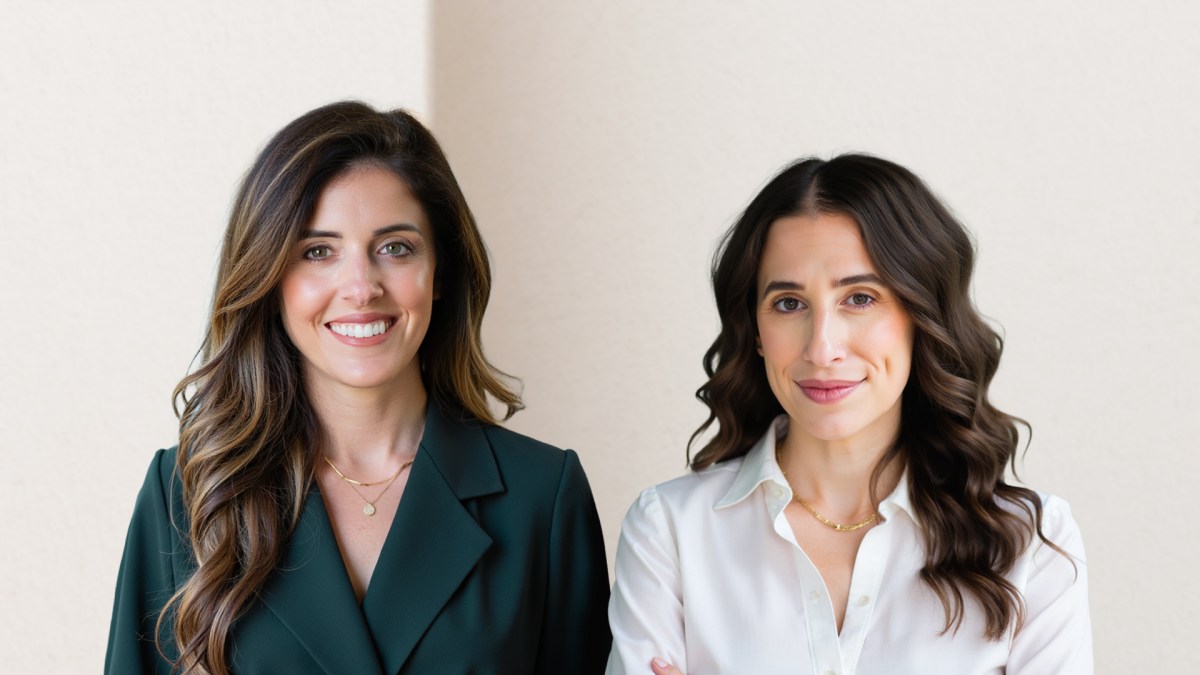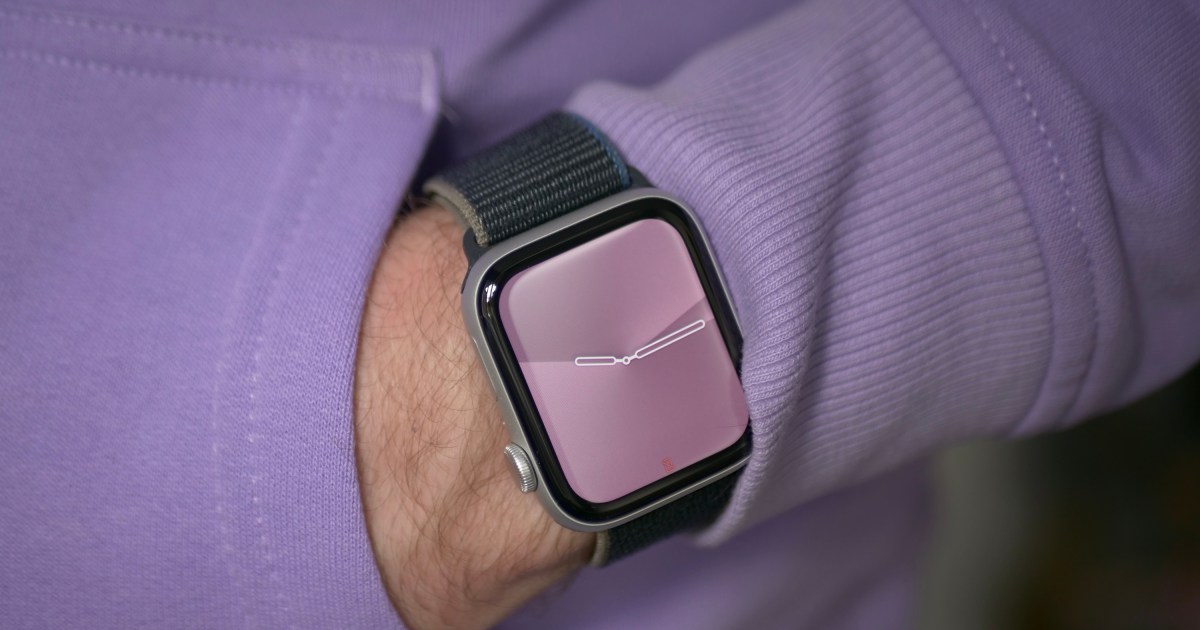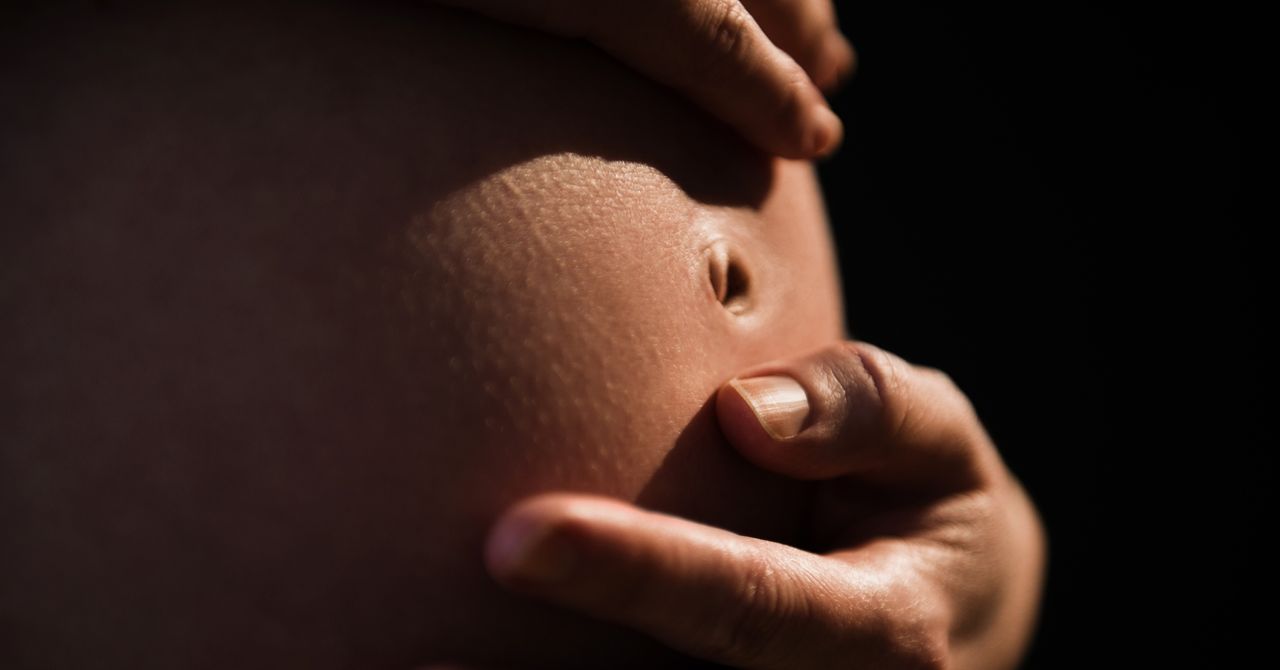
Innovative Cofertility Model for Women: Freeze Your Eggs for Free by Donating Half.
In recent years, the emphasis on professional development and the delay in the age of marriage has led some women to consider the possibility of preserving their fertility through egg freezing. However, the high costs associated...
In recent years, the focus on professional careers and the delay in the age of marriage have led some women to consider the possibility of preserving their fertility through egg freezing. However, the high cost of the procedure, which ranges from $10,000 to $15,000 per attempt, prevents many from accessing it during their most fertile years, which correspond to their 20s and early 30s. Cofertility, a startup created by Lauren Makler, a former Uber executive, and Halle Tecco, a health tech investor, offers women the opportunity to freeze their eggs at no cost, in exchange for donating half of the retrieved eggs to those who cannot conceive.
Recently, this startup raised $7.25 million in a Series A funding round led by Next Ventures and Offline Ventures, with participation from Initialized, Gaingels, and other investors. With this new round, Cofertility has raised a total of $16 million in funding.
The idea for Cofertility arose from a personal experience of Makler related to her health. In 2018, she was diagnosed with a rare abdominal disease that required several surgeries, putting her ovarian health at risk. In such cases, doctors often suggest egg freezing for young women who wish to become mothers, but that option was not available to her. Delving into the topic of egg donation, Makler was surprised to discover the high costs associated with it. Obtaining an egg from a Jewish donor, for instance, would be more expensive, and the price increased if the donor had a high level of education. "It felt like a high-demand fee for egg donors, which made me uncomfortable," Makler remarked, alluding to Uber's pricing strategy during peak demand.
Fortunately, Makler was able to conceive naturally, which inspired her to create a business model that connects young women wishing to preserve their fertility with those who require donated eggs. Although the concept of sharing eggs is not new, Makler asserts that Cofertility is the only company offering this access on a large scale through its "Split" program. In this regard, she stated that there are always hundreds of donors available for parents looking to conceive, unlike clinics that typically have a limited number of donors, making it difficult to find a match.
Moreover, Makler claims that Cofertility's donors come from diverse backgrounds, with approximately 55% holding graduate degrees. Future parents must cover the costs of egg retrieval and Cofertility's coordination fee, similar to standard egg donation, but they do not need to compensate the donor, which reduces their financial burden. Although she does not want to classify Cofertility as a marketplace, Makler acknowledges that it operates that way and that her company is addressing a significant structural problem. "The big vision and goal is to remove the stigma around egg donation," she stated. "There is no shame in how you become a parent. Doing it with the help of a donor interested in freezing her own eggs is a very interesting option."




